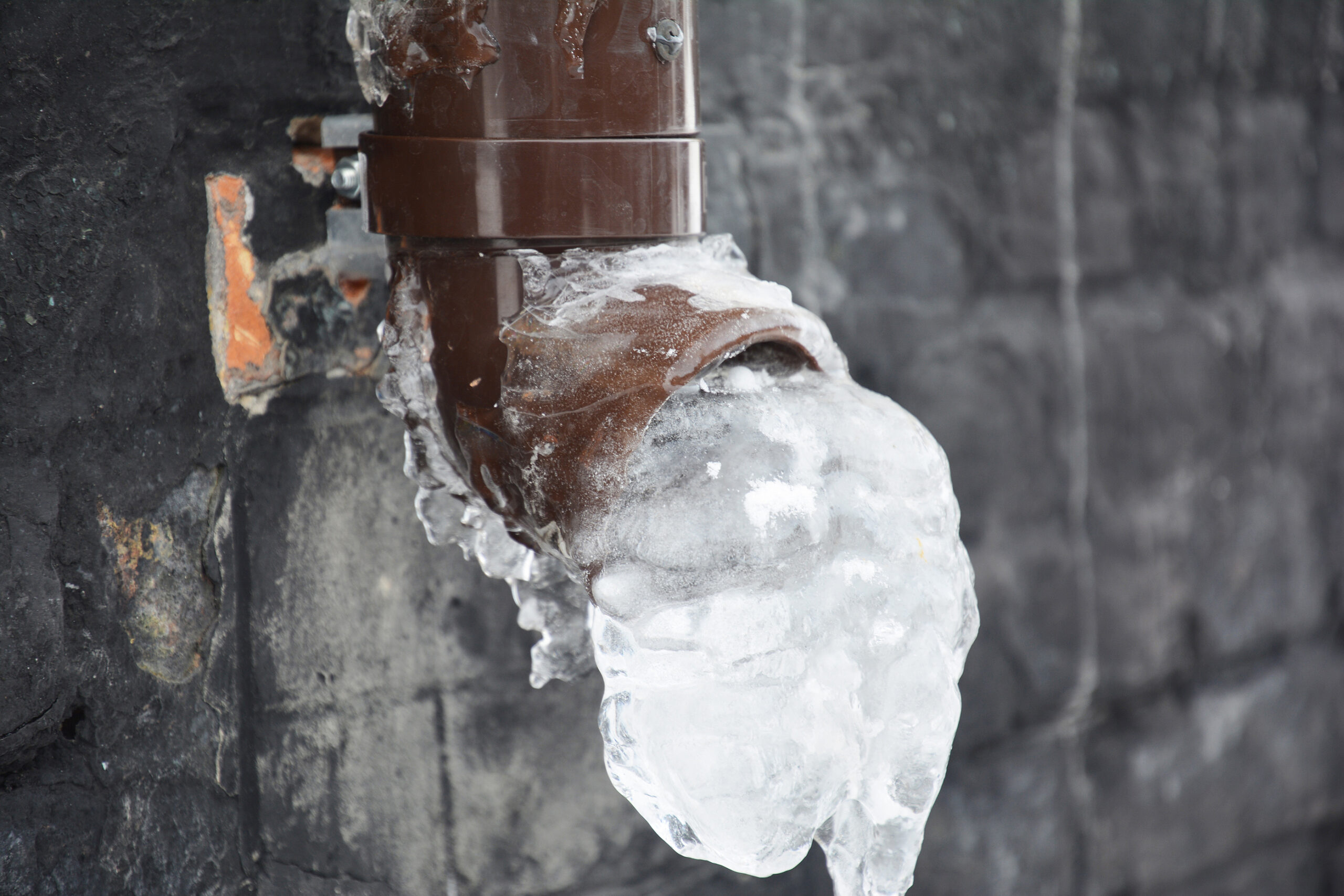Avoiding Your Pipes from Cold Weather: Best Methods
Avoiding Your Pipes from Cold Weather: Best Methods
Blog Article
The author is making a number of great observations relating to How To Avoid Freezing Pipes as a whole in the content just below.

Winter can ruin your plumbing, especially by freezing pipes. Below's just how to prevent it from taking place and what to do if it does.
Intro
As temperature levels decrease, the risk of frozen pipelines increases, potentially resulting in pricey fixings and water damages. Understanding exactly how to prevent frozen pipes is vital for house owners in chilly environments.
Recognizing Icy Pipelines
What triggers pipelines to freeze?
Pipes ice up when exposed to temperature levels listed below 32 ° F (0 ° C) for prolonged durations. As water inside the pipelines freezes, it expands, putting pressure on the pipe walls and possibly causing them to break.
Dangers and problems
Icy pipes can cause water system interruptions, property damage, and pricey repair work. Burst pipelines can flood homes and trigger substantial structural damage.
Signs of Frozen Piping
Recognizing frozen pipes early can avoid them from rupturing.
How to identify icy pipelines
Try to find decreased water flow from taps, unusual smells or sounds from pipes, and visible frost on revealed pipelines.
Prevention Tips
Insulating susceptible pipes
Wrap pipes in insulation sleeves or make use of warmth tape to secure them from freezing temperature levels. Focus on pipes in unheated or exterior areas of the home.
Home heating strategies
Keep interior areas sufficiently heated up, especially areas with plumbing. Open cabinet doors to enable warm air to distribute around pipes under sinks.
Protecting Outdoor Plumbing
Yard pipes and exterior taps
Disconnect and drain pipes garden hoses prior to winter season. Mount frost-proof spigots or cover outdoor faucets with protected caps.
What to Do If Your Pipelines Freeze
Immediate activities to take
If you believe icy pipes, keep taps open to ease pressure as the ice thaws. Utilize a hairdryer or towels soaked in hot water to thaw pipelines slowly.
Long-Term Solutions
Architectural adjustments
Take into consideration rerouting pipes far from exterior wall surfaces or unheated areas. Add added insulation to attics, basements, and crawl spaces.
Updating insulation
Purchase premium insulation for pipes, attics, and wall surfaces. Appropriate insulation aids maintain consistent temperature levels and minimizes the risk of icy pipes.
Verdict
Avoiding frozen pipes calls for aggressive measures and fast reactions. By comprehending the reasons, signs, and safety nets, home owners can safeguard their pipes throughout cold weather.
Helpful Tips to Prevent Frozen Pipes this Winter
UNDERSTANDING THE BASICS: WHY PIPES FREEZE AND WHY IT’S A PROBLEM
Water freezing inside pipes is common during the winter months, but understanding why pipes freeze, and the potential problems it can cause is crucial in preventing such incidents. This section will delve into the basics of why pipes freeze and the associated problems that may arise.
THE SCIENCE BEHIND FROZEN PIPES
When water reaches freezing temperatures, it undergoes a physical transformation and solidifies into ice. This expansion of water as it freezes is the primary reason pipes can burst. As the water inside the pipe freezes, it expands, creating immense pressure on the walls. If the pressure becomes too great, the pipe can crack or rupture, leading to leaks and water damage.
FACTORS THAT CONTRIBUTE TO PIPE FREEZING
Low Temperatures: Extremely cold weather, especially below freezing, increases the risk of pipes freezing. Uninsulated or Poorly Insulated Pipes: Pipes located in unheated areas, such as basements, crawl spaces, or attics, are more prone to freezing. Insufficient insulation or lack of insulation altogether exacerbates the problem. Exterior Wall Exposure: Pipes running along exterior walls are susceptible to freezing as they encounter colder temperatures outside. Lack of Heating or Temperature Regulation: Inadequate heating or inconsistent temperature control in your home can contribute to frozen pipes. PROBLEMS CAUSED BY FROZEN PIPES
- Pipe Bursting: As mentioned earlier, the expansion of water as it freezes can cause pipes to burst, resulting in significant water damage.
- Water Damage: When pipes burst, it can lead to flooding and water damage to your property, including walls, ceilings, flooring, and personal belongings.
- Structural Damage: Prolonged exposure to water from burst pipes can compromise the structural integrity of your home, leading to costly repairs.
- Mold and Mildew Growth: Excess moisture from water damage can create a favorable environment for mold and mildew growth, posing health risks to occupants.
- Disrupted Water Supply: Frozen pipes can also result in a complete or partial loss of water supply until the issue is resolved.
WHY CERTAIN PIPES ARE MORE PRONE TO FREEZING
- Location: Pipes located in unheated or poorly insulated areas, such as basements, crawl spaces, attics, or exterior walls, are at higher risk of freezing.
- Exterior Pipes: Outdoor pipes, such as those used for irrigation or exposed plumbing, are particularly vulnerable to freezing as they are directly exposed to the elements.
- Supply Lines: Pipes that carry water from the main water supply into your home, including the main water line, are critical to protect as freezing in these lines can affect your entire plumbing system.
- Underground Pipes: Pipes buried underground, such as those connected to sprinkler systems or outdoor faucets, can be susceptible to freezing if not properly insulated.
https://busybusy.com/blog/helpful-tips-to-prevent-frozen-pipes-this-winter/

We were guided to that article about How to Prevent Your Pipes From Freezing through a buddy on our other web blog. Are you aware of somebody else who is interested in the subject? Please feel free to promote it. Thank you for going through it.
Click Here Report this page